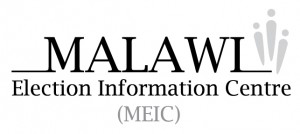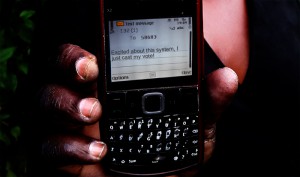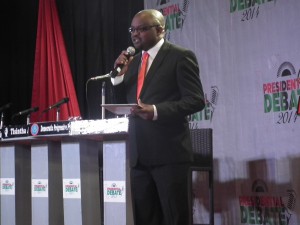The obvious take on the first day of vote counting is that of shock and disbelief by most Malawians. Unofficial poll results strongly indicate that most commentators, analysts and journalists got their predictions wrong. This underlines the importance of polls rather than predicting electoral outcomes based on past experiences, perceptions, personal prejudices and political party attendances. It is time Malawi, especially the media start commissioning polls. This is part and parcel of electoral process.
Malawi media this time wasted their precious time debating legitimacy of various polls, which flooded social media and filled precious editorial pages even though some journalists openly questioned legitimacy of these polls. ‘Bogus’ polls would have no space in the mainstream media if the media commissioned their own. By the time of writing, unofficial results looked more like vindicating Afrobarometer’s poll. Reality may yet be different by the time official elections results are announced, but their poll is the closest yet. Continue reading


